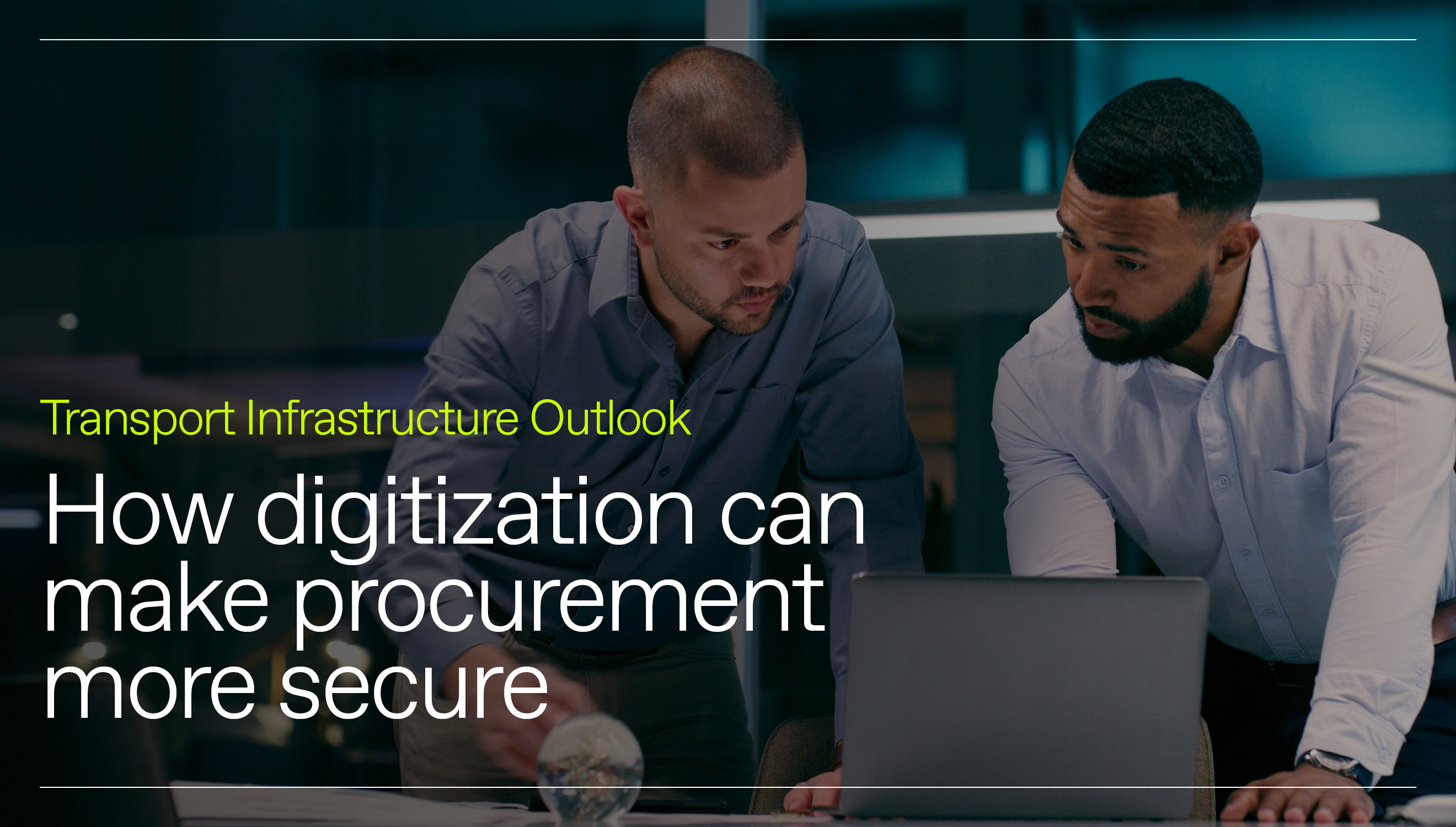Procurement strategy pointers: Conducting contract negotiations that stand up to scrutiny
The inability to safeguard sensitive and confidential contract documentation reflects badly on the entity running the procurement process and has the potential to be career ending for employees who are deemed to be at fault.
By AnsaradaWed Jan 15 2025Innovation, Virtual Data Rooms, Tenders

Getting a major project off the ground doesn’t happen overnight. It’s not uncommon for a stakeholder group to spend years developing a business case, conducting feasibility studies, securing funding and finalizing planning permission before their project moves into the procurement stage.
Negotiating and awarding a contract is the culmination of this extensive investment of time and resources.
Given the significant sum of public money that’s likely to be at stake – today, many major infrastructure initiatives run as high as 10 figures – selecting a suitable supplier is vital.
Defensible decision making
It’s also vital to be able to demonstrate that you’ve done so via a fair decision making process, one that’s been conducted in strict accordance with the relevant government regulations in your jurisdiction.
Public sector projects are subject to intense scrutiny. That means the project leaders responsible for negotiating with shortlisted bidders need to act with the utmost probity and integrity. It’s expected they’ll follow processes that are consistent, transparent and auditable, as technical aspects of their project are clarified and refined, commercial negotiations conducted, best and final offers submitted and a contract formally awarded to the winning bidder.
It's not uncommon for this phase of a project to take many weeks and months and for complex draft contracts to go through multiple iterations during that time. Maintaining the security and confidentiality of conversations, electronic interactions and documents is imperative.
So is keeping detailed, accurate records of all interactions with shortlisted bidders, and documenting and tracking clarifications and changes to draft contracts as they’re agreed upon.
For project teams that don’t take advantage of technology, these can be time consuming and challenging tasks.
Struggling to safeguard the process
That’s because using legacy platforms and processes to support the contract negotiation phase is inefficient and unsecure.
It’s all too easy for draft documents that aren’t produced and shared via a secure platform to be lost, stolen, misplaced or shared with uauthorized parties.
Should a data breach occur at this critical juncture, the fall-out is likely to be significant. The inability to safeguard sensitive and confidential contract documentation reflects badly on the entity running the procurement process and has the potential to be career ending for employees who are deemed to be at fault.
For project and procurement teams operating in manual mode, maintaining version control and clear audit trails is a laborious, error prone business.
Fail to produce and preserve comprehensive evidence that a contract has been negotiated in a consistent, ethical way and there’s a danger the integrity of the procurement process will be called into question.
And neglect to document changes to contract terms and conditions as they’re negotiated and agreed upon and there’s an increased risk of confusion and costly disputes down the track.
Tools to make the task easy
This is where technology has a transformational role to play. It adds efficiency and rigor to the negotiation and contract award process, by helping project teams capture and track the plethora of interactions and document modifications that occur when complex contracts are drafted, revised and finalized.
Deploying a single, secure online data repository that incorporates automated workflows and time stamped document version control makes it easy to steer high value projects through the most complicated and protracted of contract negotiation phases.
Using it as a single source of truth – a secure hub where all documents and details relating to contract negotiation are captured and stored – enables public sector entities to maintain confidentiality and version control, and preserve the comprehensive audit trail taxpayers expect when public money is being expended with private sector suppliers.
And if a dispute arises after construction commences, keyword search functionality can allow project personnel to easily locate the relevant contract terms. Knowledge is power and having at-the-fingertips access to this detailed data makes it easier to resolve issues before they spiral out of control.
Deploying a virtual data room to drive your procurement strategy forward
Given the benefits they can deliver, it’s easy to see why public sector organizations are investing in virtual data rooms to help them manage major infrastructure projects.
The term is used to refer to a secure online space where confidential documents are stored and shared with authorized parties.
Virtual data rooms can help organizations bring efficiency and rigor to contract negotiation, by replacing legacy record keeping and document management processes and practices with streamlined, secure digital alternatives.
Deploying one minimizes the risk and complexity that’s historically been associated with managing complex documentation for major projects. It’s enabling technology that helps project teams move ahead with confidence.
Supercharging your procurement journey
It’s easier to progress the procurement of major projects with the right tools. A virtual data room will help your team manage high stakes contract negotiation efficiently and effectively, in a manner that stands up to the strongest of scrutiny.
Select a solution that’s been developed by professionals with firsthand experience planning, procuring and overseeing major infrastructure initiatives and you’ll give your team the best chance of capitalizing on the benefits this transformative technology can deliver.
If you’d like to learn more about how digital data rooms are helping government agencies make smarter procurement decisions, Ansarada is here to help. Get in touch to talk to one of our public sector specialists.


